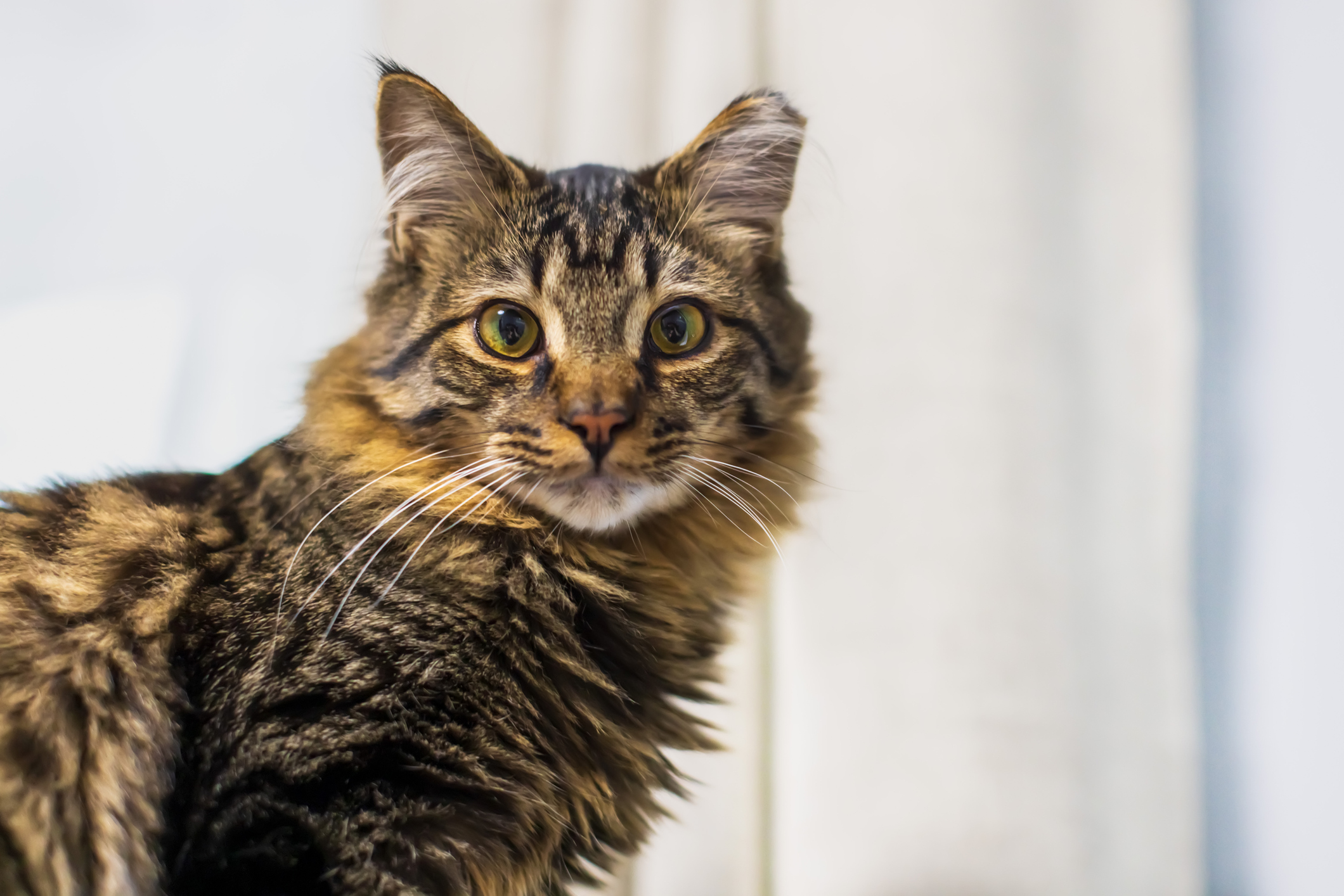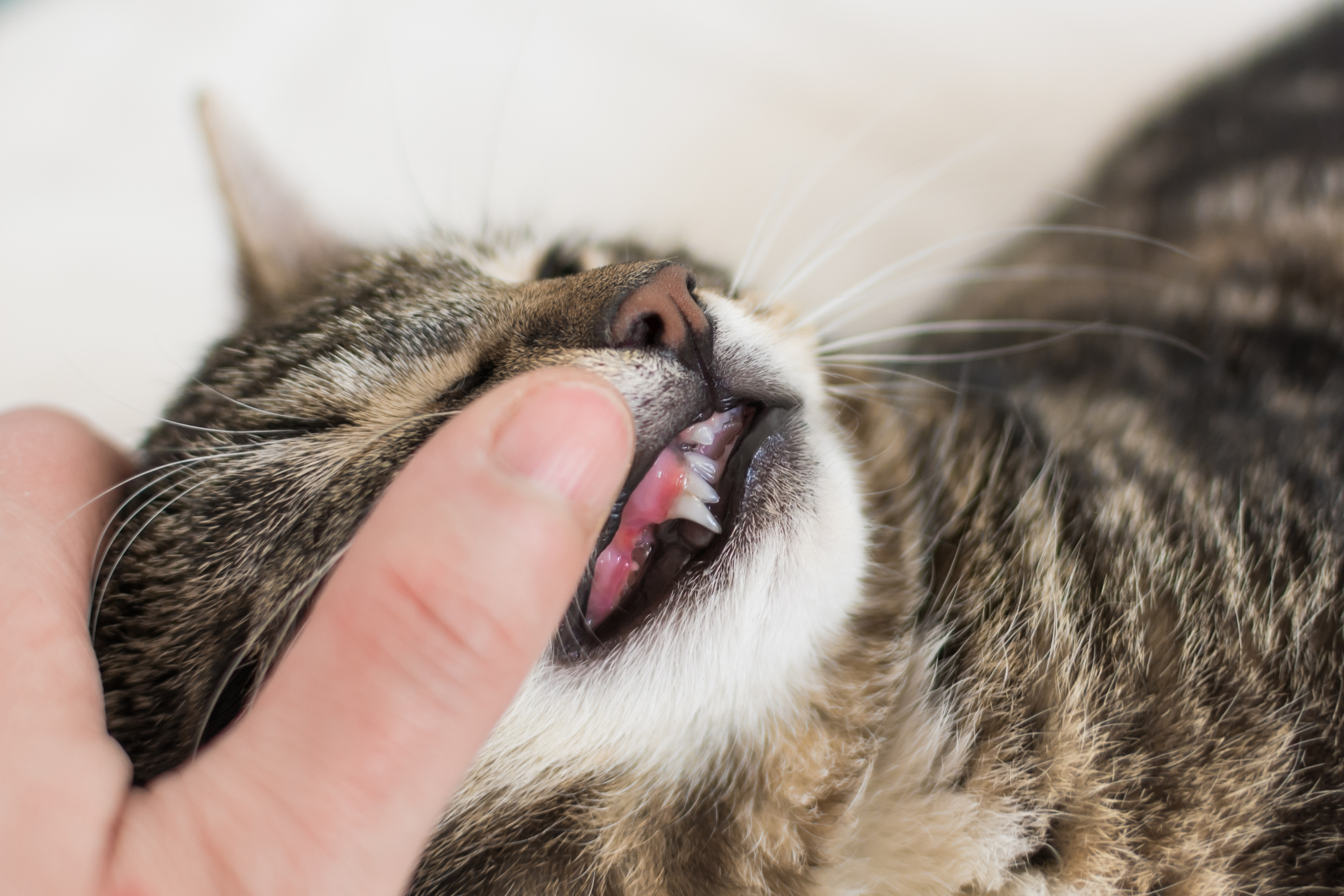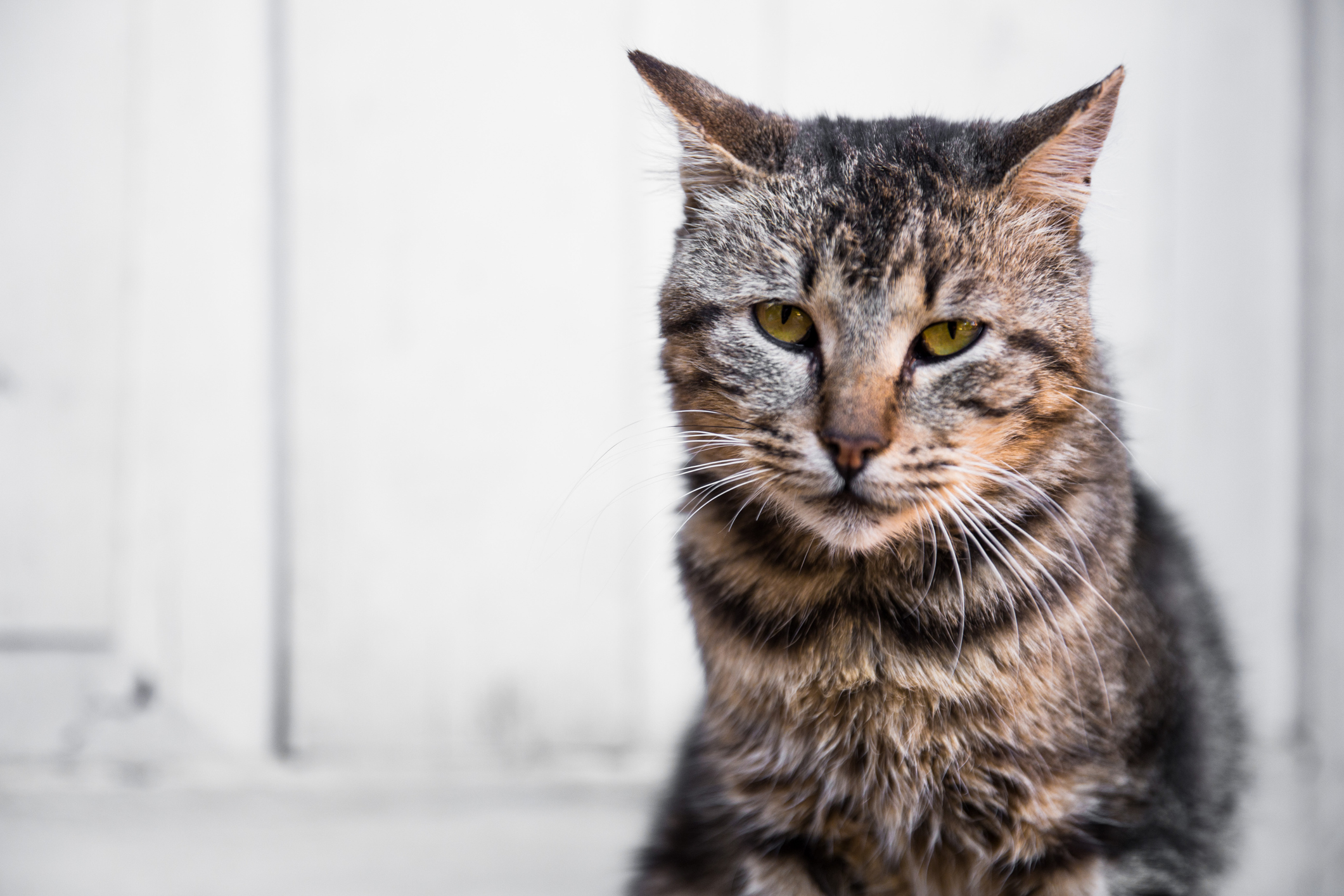
SAVE AN EXTRA $5 - $20 OFFUse code PETS in cart (Exclusions apply)

Save 40% with first AutoShipUse code NEW40 (Up to $40 max. Exclusions apply)

While efforts are made to answer all questions as quickly as possible, if an immediate answer is required or if your pet is in need of urgent or emergency care, contact your pet's veterinarian immediately.

You will receive an answer from Dr. Lindsay and our vet/tech team as soon as possible, usually the same day.
All answers are provided for informational or educational purposes only, and are intended to be a supplement to, and not a substitute for, the expertise and professional judgment of your pet's veterinarian.
It may be necessary to consult your pet's veterinarian regarding the applicability of any opinions or recommendations with respect to your pet's symptoms or medical condition.
Close
An error has occurred, please reload the page and try again.
Close
While efforts are made to answer all questions as quickly as possible, if an immediate answer is required or if your pet is in need of urgent or emergency care, contact your pet's veterinarian immediately.
There is no answer related to your question

Cats can seem like ageless enigmas, but they age just like the rest of us. If you’ve found or recently adopted a cat and know little of their backstory, you may never know exactly when they were born.
However, while a cat never reveals their age, you can still look for telltale signs of aging in cats. Look for these indicators to make a close estimate of how old your cat could be.
The typical domestic cat will look very much like a kitten before six months of age. After six months, they will have passed those phases of rapid growth and will start to look like a small adult cat.
By 9 to 12 months of age, most cats will be close to their adult size, but will continue to fill out through their second to third year of life.
Your cat’s growth may have been stunted, though, if they became pregnant during kittenhood or did not receive proper nutrition. So, a small cat may look like a kitten, but could actually be older than they appear.

One way to estimate a cat’s age is to examine their teeth. Around 80% of cats over age three will have some form of dental disease, so if your cat’s teeth are pearly white, they may be quite young.
Of course, cats can have clean teeth at any age with proper dental hygiene. Daily brushing, dental treats, a water additive, and regular dental cleaning can not only turn back the clock on your cat’s outward appearance, but their “inner” age as well. Bacteria that causes gum disease can put a strain on other parts of the body, including the gastrointestinal tract, kidneys, and heart.
Cats are born without teeth. During the first four to eight weeks, their deciduous teeth (also called baby teeth or milk teeth) will erupt.
From four to six months old, your kitten’s deciduous teeth will fall out. The roots of the baby teeth dissolve as their permanent adult teeth grow in their place. In cats between four and six months of age, you might notice loose or missing teeth and possibly extra teeth due to baby teeth that have not yet fallen.
Some cats, though, do not lose all of their baby teeth. Instead, their permanent teeth may grow alongside, giving the appearance of two sets of teeth.
Usually, retained baby teeth are canines, but this condition can affect other teeth as well. Some retained baby teeth eventually fall out. If they remain when your cat is spayed or neutered, your veterinarian may decide to remove them while your cat is under anesthesia.
However, if they do not fall out and are not removed, retained baby teeth can give your cat the appearance of a much younger kitten.
All cats have a flap of loose skin located along their lower belly known as their primordial pouch. The primordial pouch protects their vital organs, especially in the event of a cat fight. Cats tend to use their back paws to kick and scratch their opponent, and this protective pouch helps prevent serious harm.
Kittens begin to grow a primordial pouch at around six months of age. It’ll become more noticeable by the time your cat is about one to two years old, and may become more prominent if your cat becomes overweight or carries a pregnancy.
Kittens spend most of their first few months exploring the world with their paws, claws, and teeth. Some are more active than others, but they’ll generally be at their most curious at around three to six months of age.
By the time they’re a year old, kittens start to settle down, though they’ll likely still be quite active. A kitten’s penchant for mischief helps them hone their hunting instincts and master the use of their teeth and claws.
Cats are fully mature at about two to three years old, becoming noticeably less hyperactive. From young adulthood into their early senior years, most cats are settled into a schedule of naps and wakefulness.
Keep in mind, though, that age does not determine activity level. Many cats remain active and curious well into their teens. A cat that seems lethargic may not have aged out of playfulness. They may actually have an underlying illness and, with treatment, may regain their spark.

While many dogs earn a silver muzzle by the time they’re middle-aged, a cat’s physical signs of aging are usually much more subtle.
Cats can develop more gray or white hairs as they age, though it’s not uncommon for those with a dark or black coat to have flecks of light colors at any age.
With age, a cat’s coat can appear duller and thinner in appearance. While this can be a normal sign of aging, chronic conditions like hyperthyroidism and allergies should be ruled out by your veterinarian.
Cats also tend to become less diligent self-groomers with age, especially if they have chronic pain from arthritis or another illness. A scruffy appearance can indicate poor health, but can also be an indicator of age.
Do your cat’s eyes have a bluish haze? They’re almost certainly a senior.
At around eight to ten years of age, a cat’s eyes tend to develop a cloudy, bluish haze. This phenomenon is called lenticular sclerosis, and while it’s commonly confused with cataracts, it’s with normal, age-related changes as the lens becomes denser and harder. Lenticular sclerosis usually affects both eyes and causes changes in vision over time, but it is not a treatable health condition.
You can talk to a veterinarian to come up with an estimated birthday for your cat. Even if you don’t know their exact age, you can care for them according to their estimated life stage, whether they’re a kitten, a young adult, or a senior.
If your kitten still has that gangly “teenager” look, lacks a fully developed primordial pouch, and still has more growing to do, they’ll need to eat kitten food for a few more months.
For cats that are filled out, have a noticeable primordial pouch, and have outgrown that boundless kitten energy, you can feed an adult cat or all-life-stages cat food.
Senior cats with signs of aging like hazy eyes, a scruffy coat, a laid-back attitude, and possibly signs of dental disease or obesity, you can feed a quality senior cat food and see your veterinarian every six months to stay ahead of age-related issues.
If your cat is older, don’t be surprised if a loving home and proper care brings out the spark in your newly adopted senior. Remember, age is not a disease, and caring for your cat based on their individual needs - rather than a guesstimated age benchmark - you can enjoy them for many years to come.
 Swipe
Swipe